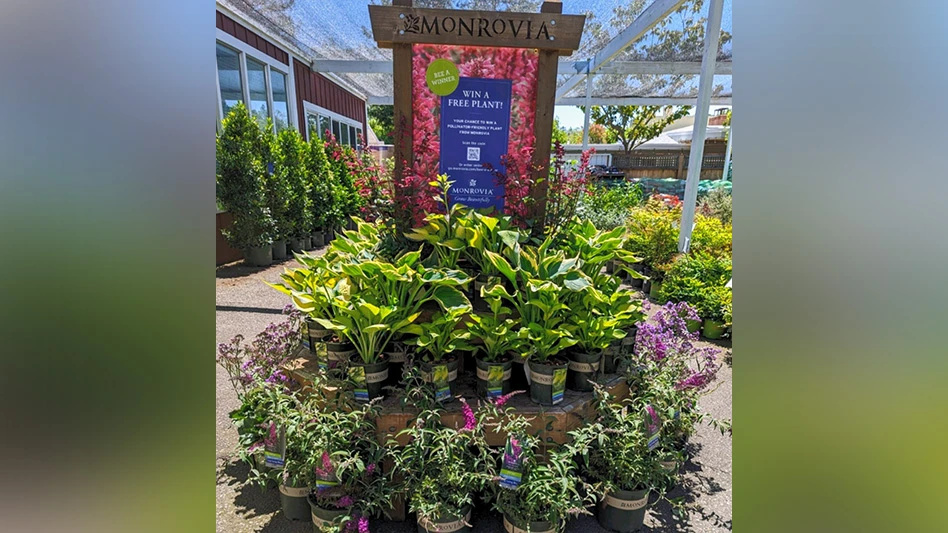 As the popularity of organic gardening has grown over the years, so have the options for eliminating plant pests. Just because a remedy is organic does not mean it’s nontoxic. Care must always be exercised in the selection and application of pesticides. To better interpret labels—and help puzzled customers—staff members should know some basic categories of organic pest controls:
As the popularity of organic gardening has grown over the years, so have the options for eliminating plant pests. Just because a remedy is organic does not mean it’s nontoxic. Care must always be exercised in the selection and application of pesticides. To better interpret labels—and help puzzled customers—staff members should know some basic categories of organic pest controls:
Horticultural oil
- Lightweight oil that’s either petroleum- or vegetable-based
- Applied as a diluted spray on plant surfaces
- Controls pests by smothering them
Pyrethrins
- A natural compound derived from Chrysanthemum cinerariifolium
- Generally comes in a powdered form, which is dusted onto leaves
- Kills by poisoning insects
- It’s toxic to all insects—including beneficials, such as honeybees
Insecticidal Soap
- Potassium fatty-acid soaps used to control pests
- Comes in a liquid-spray form
- Works only in direct contact with pests
- Fatty acids in the soap break down cell membranes, killing pests
Neem
- Extracted from the fruit of the neem tree, which is indigenous to the Indian subcontinent
- Applied as a spray
- Affects an insect’s hormones, preventing pests from reaching maturity
- Typically a slow-acting pesticide
Bt (Bacillus thuringiensis)
- A beneficial bacteria that typically is applied to plants in a powdered form
- Affects a pest’s stomach, and will eventually cause it to quit eating and starve
- A slow-acting pesticide

Explore the September 2010 Issue
Check out more from this issue and find your next story to read.
Latest from Garden Center
- This Florida garden center's busiest days are in the fall, not spring. Find out how they do it
- Terra Nova Nurseries releases new agastache variety, 'Peach Pearl'
- The Certified Shopify Online Garden Center provides local retailers with ecommerce tool
- Meet the All-America Selections AAS winners for 2025
- Endless Summer hydrangeas and Suntory Senetti glam up Grammys red carpet
- Ball Seed releases 2025 edition of 'Thrive and Flourish' for landscape and garden retail
- American Floral Endowment's Fred C. Gloeckner Foundation Research Fund accepting grant proposals
- Floral Marketing Fund and CalFlowers partner to advance floral industry





